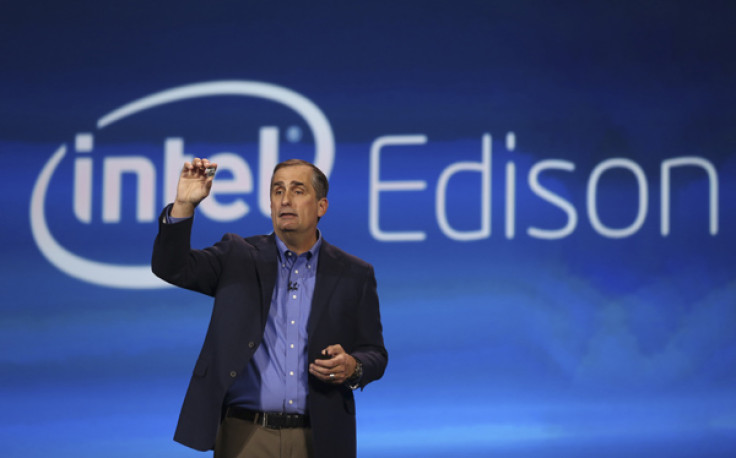Intel's Jarvis Beats Apple's Siri by Avoiding the Cloud

Intel has revealed that the prototype wireless headset that Intel showcased at CES 2014, nicknamed "Jarvis", will work offline and won't need to send your voice to the cloud.
According to Quartz, Jarvis – perhaps named after Tony Stark's artificial intelligence software in Iron Man – is the result of a partnership between Intel and an unnamed voice recognition software provider.
The voice recognition software runs on Intel mobile processors which are powerful enough to parse the human voice without needing to go through the cloud.
Voice recognition has been available on PCs for many years now – the most publicised early example is IBM's ViaVoice software, launched in 1999 – but there is still room for its capabilities to grow on mobile devices and smart appliances.
Intel's Jarvis vs Apple's Siri
At the moment, the two existing voice recognition personal assistants for mobile devices, namely Apple's Siri and Google's Now, both send your voice to the cloud in order to identify commands and voice searches.
Google does have offline voice recognition built into all versions of its mobile operating system from Android 4.1 (Jelly Bean) onwards, but the tool does not work for non-Google apps and even Google have admitted that Android's offline voice recognition processing capabilities are much less accurate than when the voice clip is sent to the cloud.
Microsoft's new Xbox One console comes with a Kinect sensor which constantly listens out for voice commands while the console is on, and it also works by sending your voice to the cloud (speaking of which, have you seen the hilarious Xbox Sign Out video? It shows how a voice command sensor that is always on can be a pain).
Future applications
Intel has been talking about voice recognition for quite a while – back in 2001, Intel's China Research Centre in Beijing was already developing a next-gen voice recognition software platform for "future applications" to support its x86 microprocessors that could support both English and Mandarin.
At CES earlier this month, Intel's senior VP Mooly Eden told CNET that voice recognition would change computing forever, perhaps even making touch keyboards obselete.
"Voice is the best means of communication between humans..We finally have enough compute power to do what we want from science fiction," Eden said.
If Intel has been able to build voice recognition capabilities that don't require the cloud, this would negate the three second pause between asking your device a question and receiving a response that you currently have to put up with when speaking to Siri or Google Now, so it would be more like having a real conversation with your personal assistant, like Jarvis has with Tony Spark in the Iron Man films.
Intel's head of wearable tech Mike Bell told Quartz that the firm is currently looking to sell its voice recognition technology to some smartphone manufacturers, which would enable these companies to be able to make more exciting products that are not just limited to what their operating systems can offer.
© Copyright IBTimes 2024. All rights reserved.






